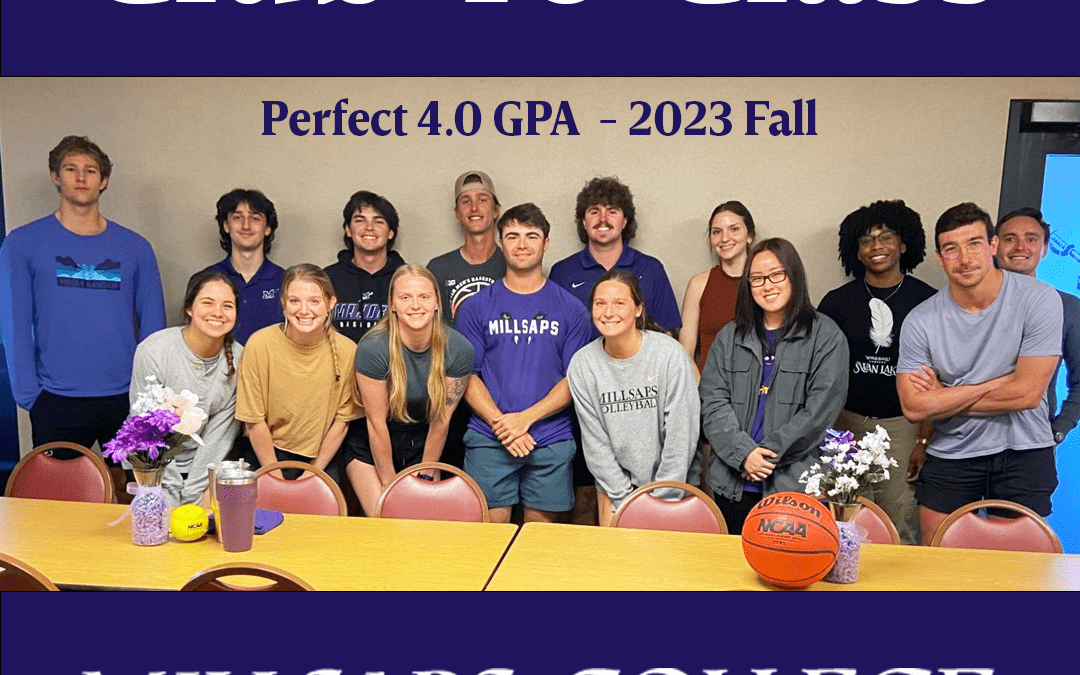Academic Integrity
Millsaps Academic Honor Code
Millsaps is an academic community dedicated to the pursuit of scholarly inquiry and intellectual growth. The foundation of this community is a spirit of personal honesty and mutual trust. Through their Honor Code, the students of Millsaps College affirm their adherence to these basic ethical principles.
An honor code is not simply a set of rules and procedures governing students’ academic conduct. It is an opportunity to put personal responsibility and integrity into action. When students agree to abide by an Honor Code, they liberate themselves to pursue their academic goals in an atmosphere of mutual confidence and respect.
The success of the Code depends on the support of each member of the community. Students and faculty alike commit themselves in their work to the principles of academic honesty. When they become aware of infractions, both students and faculty are obligated to report them to the Honor Council, which is responsible for enforcement.
The Millsaps Honor Code was adopted by the student body and approved by the faculty and board of trustees in 1994. The following is a representative, but not exhaustive, list of academic offenses and violations covered by this Millsaps Academic Honor Code:
- Plagiarism
- Dishonesty on examinations and tests
- Using any outside material deemed not usable by the professor of the course
- Giving or receiving answers while taking a test
- Revealing the content of an exam before others have taken it
- Dishonesty on assignments
- Receiving unauthorized help on an assignment
- Submitting the same paper for two classes unless approved by the professors of both classes
- Interfering with another student’s course materials
- Lying about academic matters, including missed assignments or absences
- Unauthorized use of a computer file, program, user name or password
- Unauthorized use of, tampering with or removing community materials from laboratories or the library
Academic integrity, conduct or code violations can be reported via this form.
Honor Council Procedures
In order to ensure a fair hearing for all parties, the Honor Council has established the following procedures:
Prior to the hearing:
The president of the Honor Council will notify both the accuser and the person accused of the charges, and the date, time and place of the hearing. Notification will be made through campus mail and email. This letter will also contain the names of individuals from whom the accused may seek counsel about Honor Council procedures.
The accused may request copies of all evidence submitted in the case. Such requests should be made in writing (email is acceptable) to the president of the council. Please allow 24 hours for copies to be made. To protect confidentiality, names of any other students involved will be deleted.
The accused may ask up to two members of the Millsaps community – students, faculty or staff – to appear on their behalf. The names of those individuals must be submitted to the Honor Council at least 48 hours in advance of the hearing.
At the hearing:
The Honor Council will interview each person (accuser, accused and witnesses, if any) individually.
The accuser will be asked to explain the circumstances leading to the charges and to document any evidence submitted to support them.
The president of the Honor Council will read the charges aloud. The accused will be asked to enter a plea of “guilty” or “not guilty” and to present any factual information s/he has about the circumstances leading to the charges.
Witnesses, if any, will be asked to provide any factual information they can that bears on the circumstances leading to the charges.
The Honor Council will then excuse all parties and deliberate the merits of the case. In the event of a determination of “guilty”, the Council will also deliberate the sanctions to be applied. All decisions of the Honor Council take the form of recommendations to the vice president for academic affairs, who is responsible for notifying the accused and the accuser of the results, and for enforcing the sanctions.
The accused may appeal the decision of the Honor Council in writing to the president of the college within a period of 5 days. The president will review the case on procedural and substantive grounds.

Latest News
Calvin Seals ’86: Alumni Spotlight
My time at Millsaps left me prepared to meet the professional and personal challenges I would face after graduation.

Syner’s Essay Wins Second Place at 2024 Southern Literary Festival
I appreciate the ways that literary criticism and research can bring an entirely new viewpoint and make me question what the work is truly about.

The Legacy of Millsaps Players
From its humble beginnings to its current state, the Players have left an unforgettable mark on Millsaps College and the Jackson arts scene.

Millsaps Athletics Celebrates Fourth Club 40 Class
Majors Total 19 Student-Athletes with a Perfect 4.0 GPA following 2023 Fall Semester
